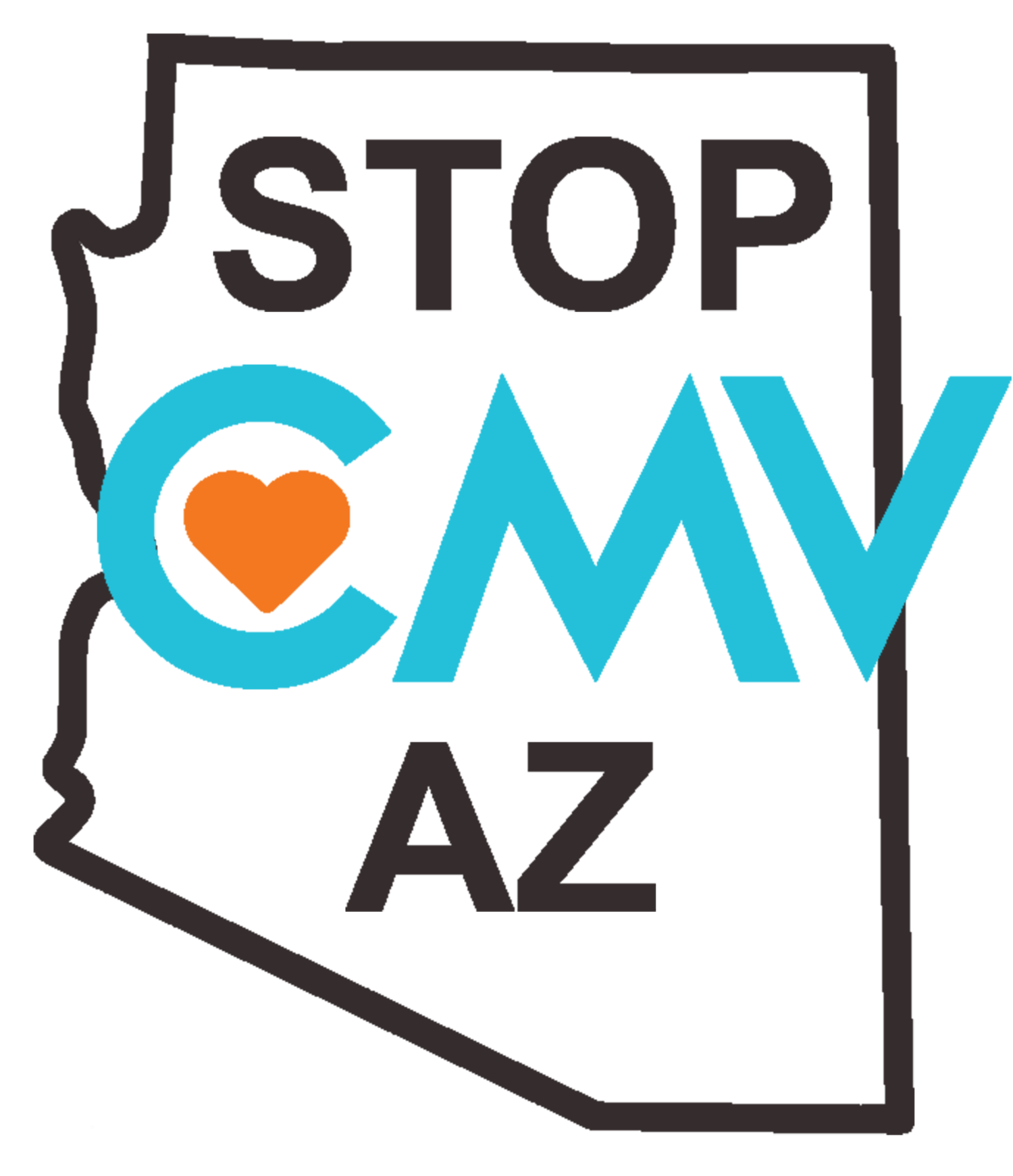Serious
CMV is serious.
cCMV is the most common viral cause of birth defects.
If a woman is infected with CMV while she is pregnant or if an earlier infection becomes active again, her developing baby can be infected too.
More children have disabilities due to cCMV than other well-known syndromes and infections
including Down Syndrome, Fetal Alcohol Syndrome, Spina Bifida and Sudden Infant Death Syndrome (SIDS).
Does catching CMV while I’m pregnant increase my baby’s risk of birth defects?
When a woman catches CMV for the first time (called a primary infection) during pregnancy, the chance that she will pass the infection to the baby is between 30% and 50%. Pregnant women who have a reactivation of an old infection (when the virus “wakes up” and spreads in your bodily fluids) or are exposed to a new strain of the virus during pregnancy may have a lower chance of passing the infection to the developing baby.
Not all babies infected with cCMV will have birth defects.
How can I find out if my developing baby has cCMV?
Women are not routinely screened for CMV during pregnancy. Most developing babies infected with CMV do not show any signs during pregnancy.
If you are pregnant and have had a positive CMV test, your health care provider will discuss the benefits and risks of prenatal testing.
Is there a way to treat cCMV before birth?
At this time, there is no accepted treatment to prevent infection before birth.
Scientists are working to see if giving medication to pregnant women infected with CMV might decrease the chance of passing the virus to her developing baby. If you are pregnant and have had a positive CMV test, speak with your health care provider.
Click here to see if you are eligible for a clinical study of the treatment of CMV in pregnancy or contact us for more information.
Can I breastfeed if I have a CMV infection?
Women with a CMV infection are encouraged to breastfeed if the baby is full term. Full-term babies who get infected with CMV through breast milk usually do not get seriously ill.
Will my baby have signs if they have a cCMV infection?
Most babies with cCMV do not have signs at birth. This is called asymptomatic infection. Up to 15% of asymptomatic babies will develop hearing loss later in childhood that is caused by cCMV.
1 in 10 babies with cCMV will have signs at birth. This is called symptomatic infection. Signs of cCMV infection that may be present at birth include:
being born too small (intrauterine growth restriction or IUGR, or small for gestational age or SGA),
having a small head (microcephaly),
developing a skin rash (petechiae),
yellowed skin (jaundice),
enlarged liver and spleen (hepatosplenomegaly).
Up to 60% of symptomatic babies will have serious, permanent health problems with their brains, eyes and/or inner ears that are caused by cCMV.
What are the long-term effects of cCMV?
Babies with cCMV have a range of possible long-term outcomes. It is difficult to predict their future health or ability. The overall development of babies with cCMV is improved with monitoring and treatment by a health care team.
cCMV is the leading viral cause of hearing loss.
Hearing loss can be present at birth or develop later in childhood.
Babies with cCMV may have hearing loss in one ear, and may later develop hearing loss in the other ear.
Children with hearing loss benefit from services and monitoring from a health care team.
Will my newborn be screened for cCMV?
After a baby is born, their saliva (drool), urine (pee) or blood can be tested for CMV. Testing is painless and covered by most insurance plans.
Babies born in Arizona are not routinely tested for cCMV. If a newborn shows signs of cCMV at birth, a test may be ordered by your health care provider. Testing must be done before the baby is 21 days old in order to determine if the infection occurred while the baby was developing.
If you have a newborn and would like more information about cCMV testing, talk with your child’s health care provider and contact us for more information.
Is there a way to treat cCMV after birth?
Some babies born with signs of cCMV may benefit from medicine. This medicine may decrease the severity of hearing loss. Babies who are treated with medicine should be closely followed by their doctor because of possible side effects.
All babies with cCMV should be monitored by a health care team.
Arizona’s Early Intervention Program (AZEIP) provides support for infants and toddlers with disabilities, or who are at risk for having developmental delays. Services may include speech therapy, occupational therapy, physical therapy, developmental monitoring, and special instruction. If your doctor or child care provider is not able to connect you, you can reach out to AZEIP yourself. A doctor’s referral is not necessary.






